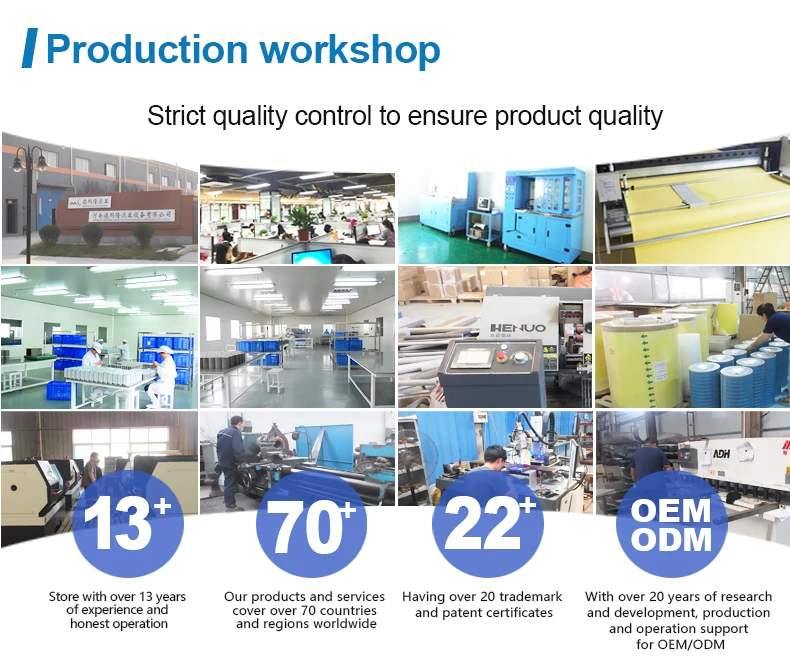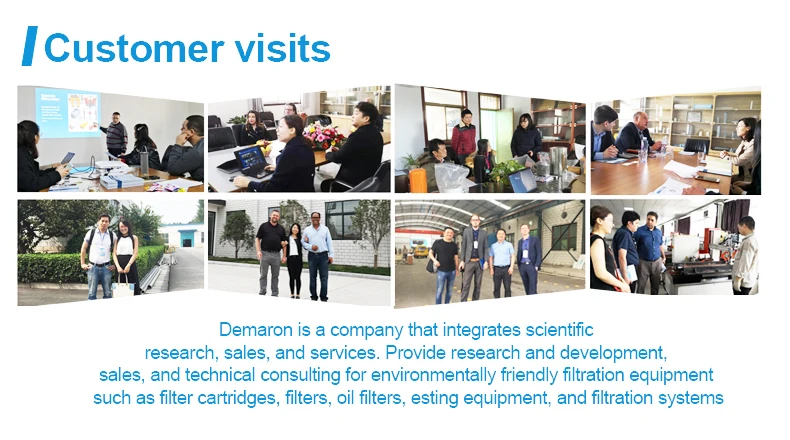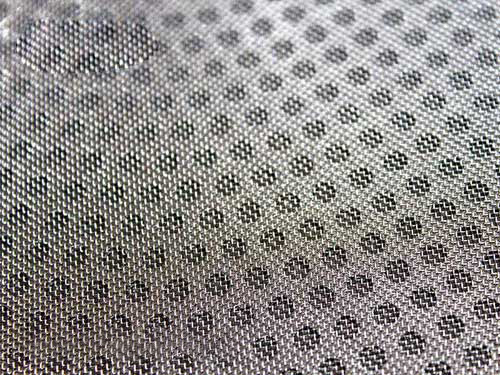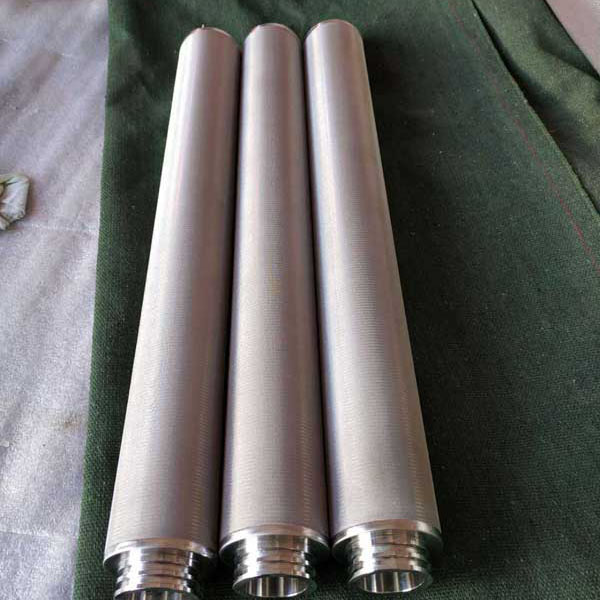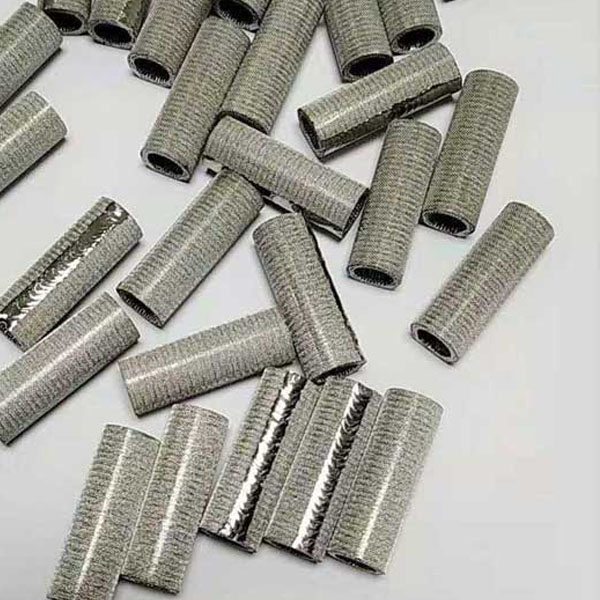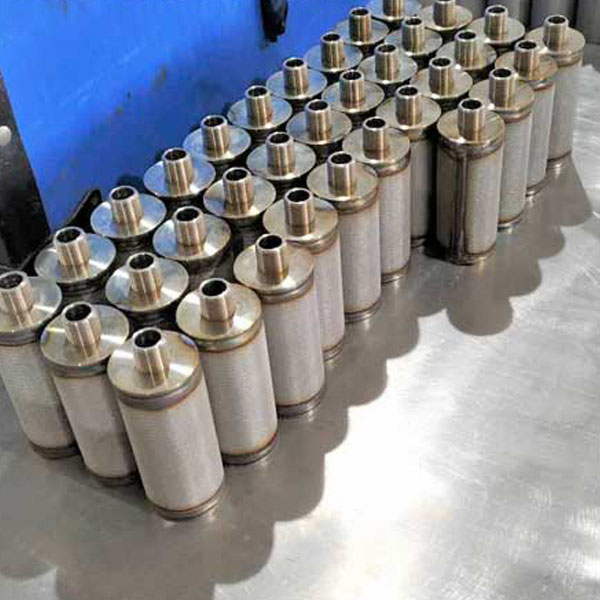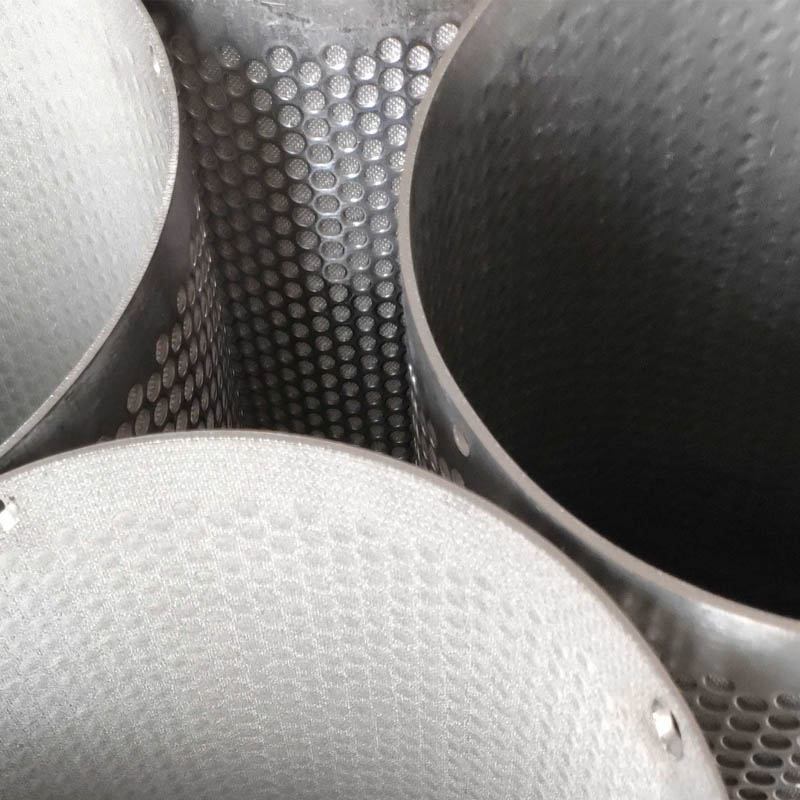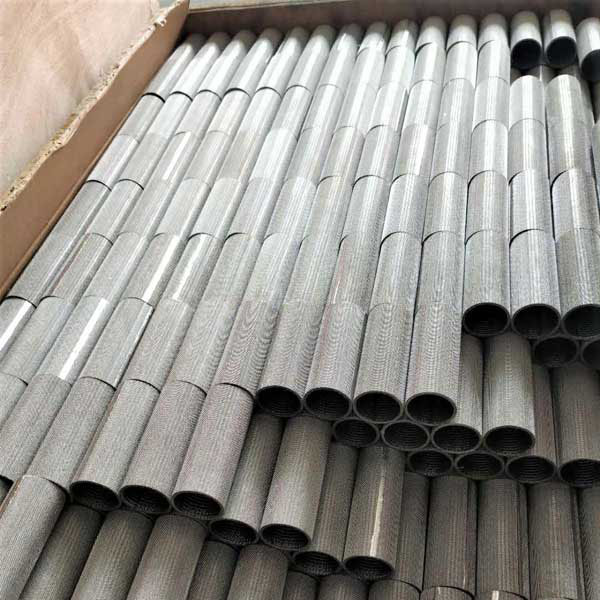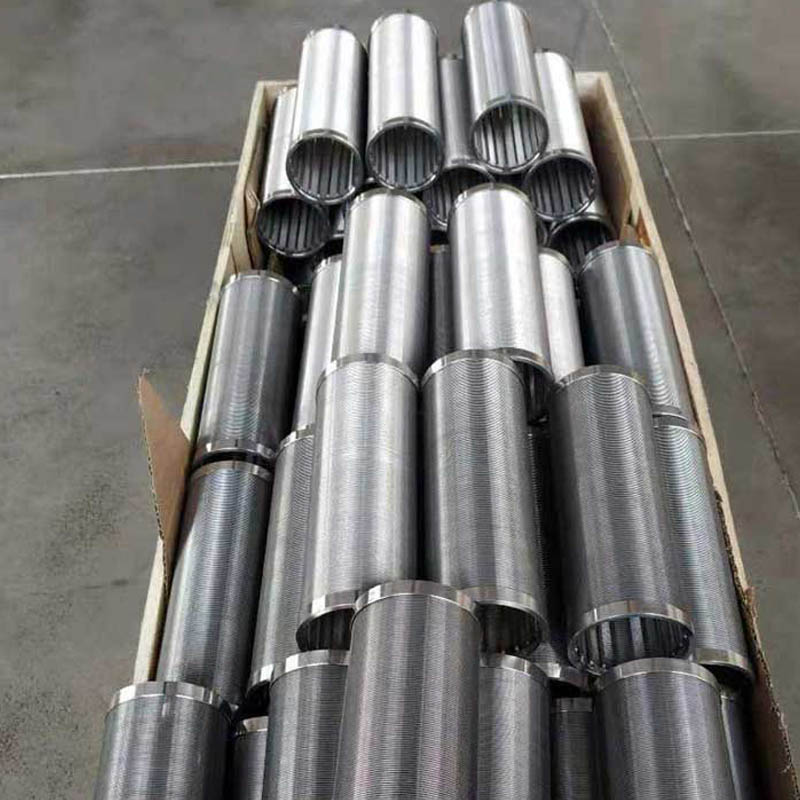Benefits of DeMalong Wire Mesh Filter
- High levels of stability and rigidity
- Optimum flow rate, good plasticity
- Easily clean for long service life
- Excellent heat& corrosion resistance
- Smooth surface structure
- Custom to any shape or application
- Technical engineering support and testing service
OEM Wire Mesh Filter Service For All Your Industry Needs
DeMalong Wire Mesh Filter also names wire mesh filter cartridge or wire mesh filter element. It is made of a variety of different types of materials, but the stainless steel mesh filter is the most common because it is ideal for corrosive environments and easy to clean.
DeMalong Wire Mesh Filter offers high strength structure and excellent filtration effect. It is used to prevent contaminations enter into fluids or gases and perfect for high pressure or high-temperature applications. DeMalong is a perfect business partner for you as we only serve wire mesh filters with competitive price and sustainable quality.
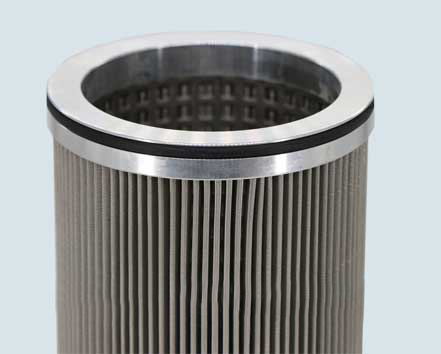
DeMalong stainless steel wire mesh pleated filter cartridge are made of quality stainless steel woven wire cloth. It is cleanable and reusable for long life span. Every 10 inch length, stainless steel...
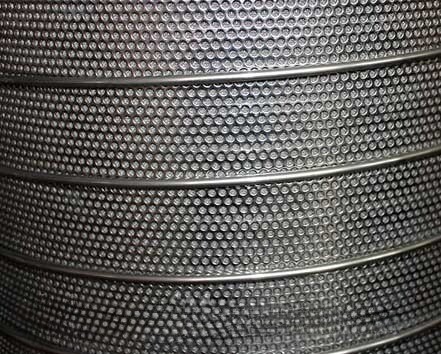
DeMalong wire mesh filter screen is simple in design, but high effective in removing dirt, dust and other particles from water or oil fluids. It is widely applied in agricultural, water treatment, min...
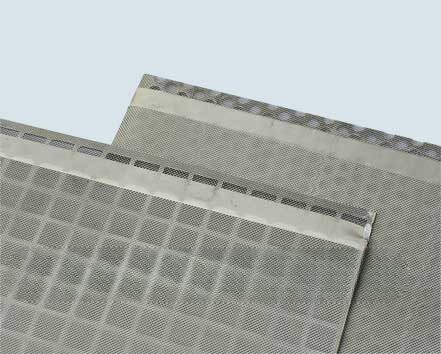
DeMalong wire mesh filter disc is mainly produced by stainless steel woven wire mesh and wire cloth with micron rating from 5 to 400 um. It is available in different shapes and hole sizes to meet your...
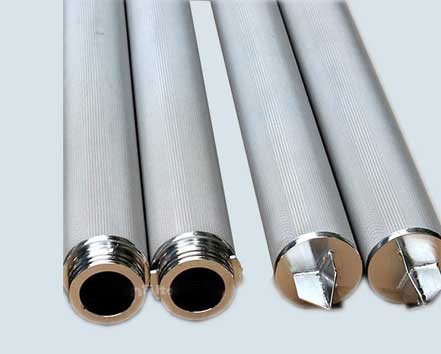
DeMalong sintered wire mesh filter is made of single or multiple layers of woven wire mesh together by a sintering process. It has excellent mechanical strength, better structural integrity, and easie...
- Detail Pics
- Drawing
- Process Technology
Send Inquiry Now
Frequently Asked Questions
If you have any questions, our FAQ section is a great place to get concise, accurate answers.
DeMalong : PremierWire Mesh FilterManufacturer
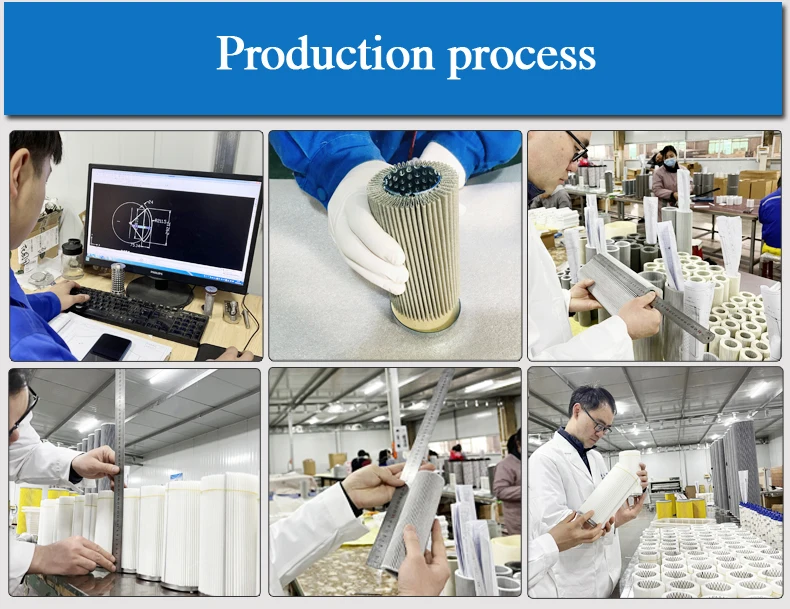
DeMalong Wire Mesh Filter are available in a variety of shapes and sizes to match your particular filtration system, including woven wire mesh filters, wire cloth filters, wire mesh filter cylinders, sintered wire mesh filters, wire mesh filter screens, wire mesh filter discs and stainless steel wire mesh pleated filter cartridge.

DeMalong wire mesh filter screens in stainless steel material are reusable, durable, and resistant to a variety of temperatures and moisture. Meanwhile, it is economic and easy to replace.
DeMalong Wire Mesh Pleated Filter Cartridge features pleated structure for additional filtration area and high strength. And welding production process make it more stable and reliable in high temperature or high operation pressure temperature.
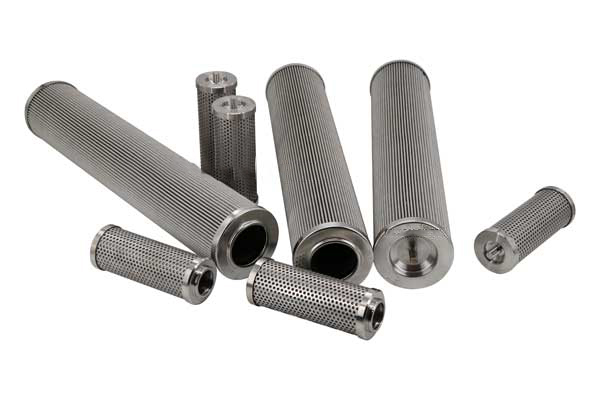
DeMalong sintered wire mesh filters can be custom in various thickness, micron rating, and number of layers. We specialize in designing and producing fabricated sintered mesh filters for your special application.
DeMalong wire mesh filter disc is mainly used in pharmacy, chemicals, machinery, ship and automobiles to capture solid particles. we also offer free filter discs sample for your quick check.
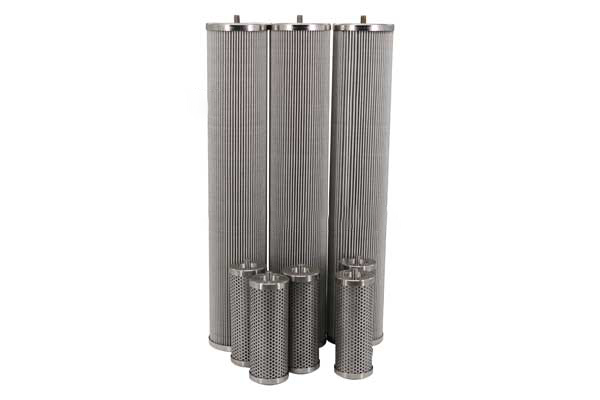
No matter you are looking for wire mesh oil filter or mesh air filter, DeMalong professional engineer team is here working with you to design wire mesh filters that best fits your needs.
Even for small-size wire mesh filter cartridges, DeMalong has excellent miniature manufacturing ability to provide you high-performance products.
Compare to other wire mesh filter manufacturers, DeMalong has integrated production facilities, from CNC to welding, we can offer you stainless steel mesh filter with shorter lead times and greater cost efficiency. Meanwhile, we have strict surface treatment and quality inspection.
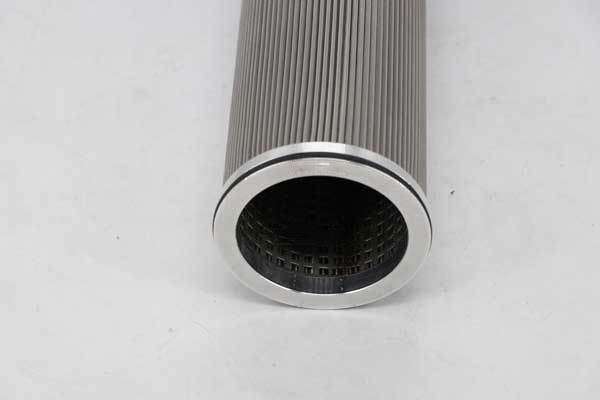
All DeMalong Wire Mesh Filters have a smooth, clean, and chemical-free surfaces because of our complete surface treatment technology, including stainless steel mesh filter cartridge deburring, polishing, cleaning, and passivation steps.
Contact us today to custom your wire mesh filter solutions.
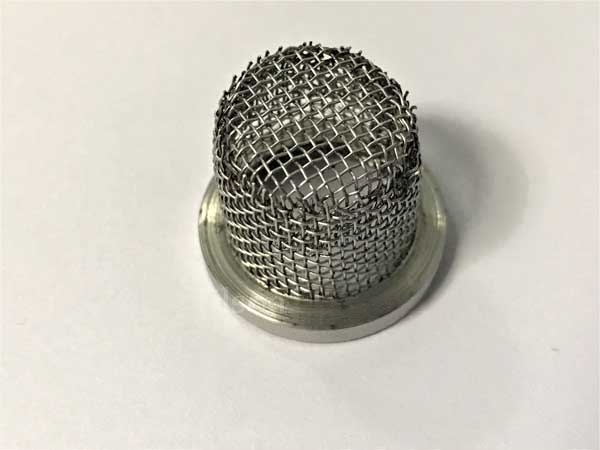
DeMalong Wire Mesh Filter Specification:
- Filter material: galvanized and stainless steel
- Filtration accuracy: 25μm ~ 5000μm
- Working pressure: 10bar-420bar.
- Working temperature: -30°C~+260°C
- Structure: flat or pleated stainless steel wire mesh
- Design: rolled, welded, sintered, others on request
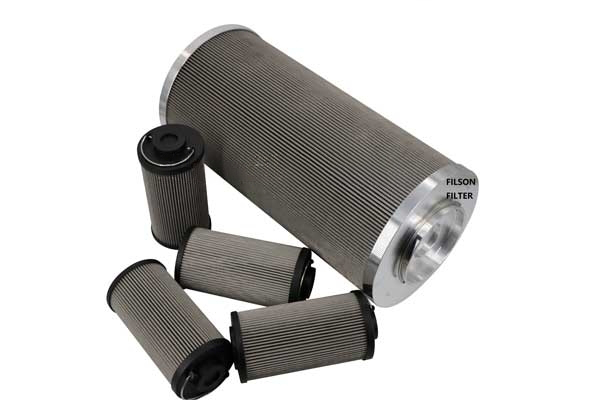
DeMalong Wire Mesh Filter Application:
- Power generation
- Water treatment
- Chemical processing
- Coolant Filters
- Hydraulic & Lubricant
- Coolant Filters
- Electronics
- Factory equipment
- Oil& gas
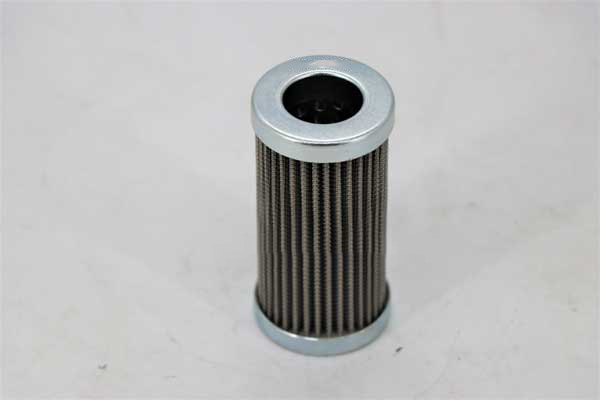
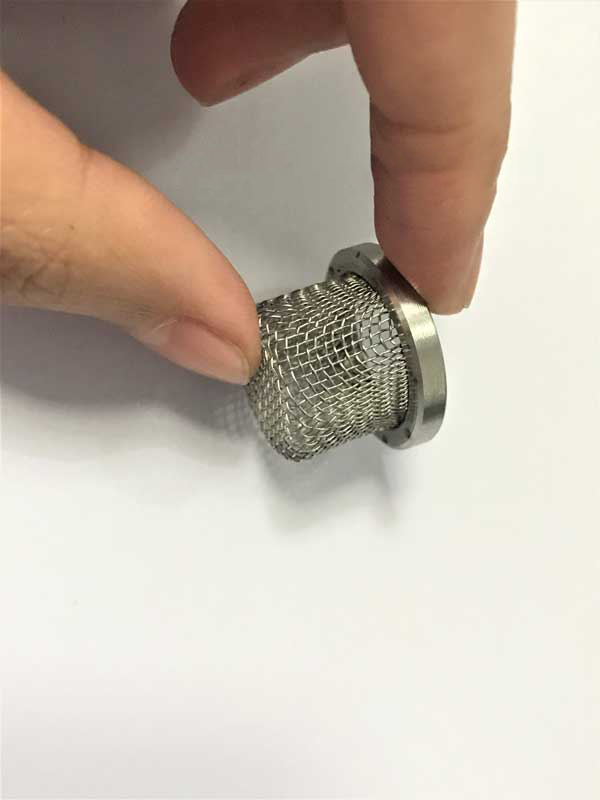
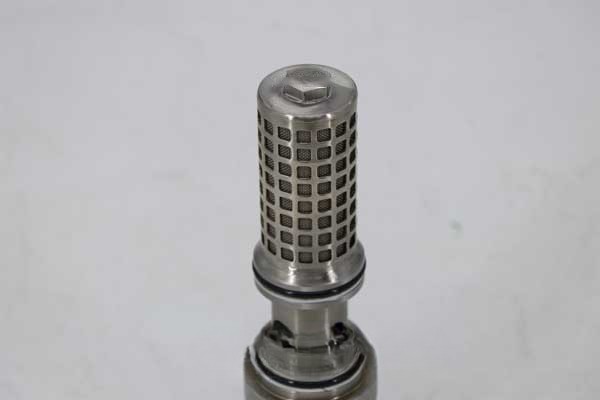
Wire Mesh Filter: The Ultimate FAQ Guide
- What is Wire Mesh Material?
- What Materials Are Used to Manufacture Wire Mesh Filter?
- What is the Difference Between Woven and Knitted Wire Mesh Filter Materials?
- How is the Mesh Size of a Wire Mesh Filter Calculated?
- Is Wire Mesh Filter Reusable and Washable?
- How to Clean the Wire Mesh Filter?
- Which Factors will Influence Wire Mesh Filter Cleaning Effect?
- What is a Micron, and What is the Micron of Wire Mesh Filter?
- What is the Permissible P Across the Wire Mesh Filter Cartridge?
- What is the Flow Direction of Wire Mesh Filters?
- What is the Temperature Range for Wire Mesh Filters?
- What Types of Liquids Can Wire Mesh Filters Apply to?
- Does the Wire Mesh Filter Offer Surface Filtration or Depth Filtration?
- Which Kind of Filter is Wire Mesh Filter Often Installed In?
- Can a Wire Mesh Filter be Coated with an Added Metal Material Like Brass, Nickel, or Copper?
- Some Wire Mesh Filter Cartridges Come with Galvanized Properties. What Does this Mean?
- How to Choose Proper Wire Mesh Filters for the Present System?
- How Can I be Sure that DeMalong Wire Mesh Filters Are of Good Quality?
- What Tests Can Prove the Quality of Wire Mesh Filters?
- What is the Delivery Time of Customized Wire Mesh Filter Order?
What is Wire Mesh Material?
It is made up of connected strands of wires (in a wrap and weft manner or joined together), forming different barriers, from coarse to ultra-fine micron structure.
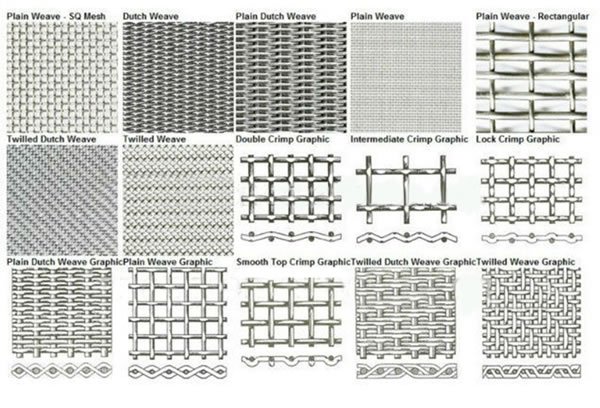
Different types of wire mesh material – Photo courtesy: Test Sieves
What Materials Are Used to Manufacture Wire Mesh Filter?
They are different materials depending on the type of specific wire mesh filter.
The most common materials for manufacturing wire mesh filter include;
- Stainless steel
- Galvanized steel
- Aluminum
- Carbon steel
Twill weave is majorly manufactured using stainless steel material given its applications require a material which can withstand high temperature and corrosion resistance.
Dutch weave can be made using a wide range of materials including, stainless steel, brass, polyester, mild steel and nickel, among others.
What is the Difference Between Woven and Knitted Wire Mesh Filter Materials?
- Knitted wire mesh is made in a similar way to that of a domestic knitting machine uses to make scarves and jumpers, albeit on a larger industrial scale.
- Woven wire mesh, on the other hand, is made as a cloth which has wire threads woven at the right angles.
- In simple terms, the manufacturing method for knitted wire mesh is machine knitting, whereas that of a woven wire mesh is weaving.
- The other difference is that the material structure for knitted wire mesh is interlocking loops with variable free-space dimensions, whereas that of woven wire mesh is fixed weave structure that has defined pore shape and size.
- The material deformation for knitted wire mesh stretchable in multiple axis while that of woven wire mesh is limited planer.
- The post-manufacturing process for woven wire mesh involves cutting to shape, folding, or pressing to form. On the other hand, for knitted wire mesh it involves, coiling, folding, crimping, pressing, and spiraling.
How is the Mesh Size of a Wire Mesh Filter Calculated?
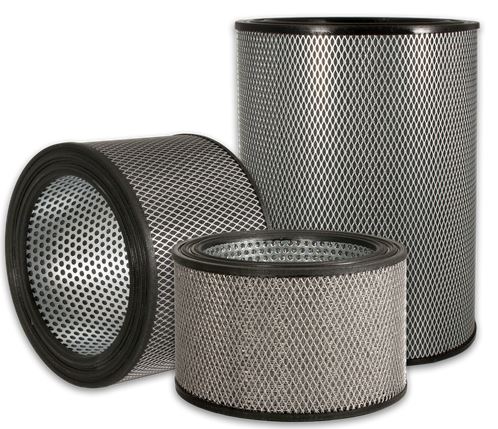
Wire mesh filter
It is calculated by determining the number of threads that are in a particular mesh that cross a square inch.
For example, a 110 mesh screen has 110 threads which cross per square inch.
So generally, the higher the mesh count, the finer the threads as well as holes in the screen.
Is Wire Mesh Filter Reusable and Washable?
It is dependent on the particular type of material used for making or manufacturing the particular wire mesh filter.
It also depends on the substance that the wire mesh filter is filtering.
How to Clean the Wire Mesh Filter?
The exact way of cleaning a wire mesh filtration systems depends on the material of the wire mesh filter as well as the nature of dirt or dust substance.
But in general, you can use a soap and a weal detergent and warm water to clean the wire mesh filter.
If you’re cleaning foils and trademarks on the wire mesh surface, you should use warm water and weak detergent.
When cleaning a binder composition, you can use organic solvent such as benzene or better still; you can use alcohol to scrub.
If you’re cleaning grease, oil or oil pollution from the surface of a mesh filter, you can use a soft cloth to wipe the surface and clean it using special or neutral detergent or an ammonia solution.
You can as well use nitric acid or abrasive detergents to wash the wire mesh surface screen caused by densest materials.
Which Factors will Influence Wire Mesh Filter Cleaning Effect?
Filtration rating – It refers to the ability of the wire mesh filter to remove particles of a particular size from a fluid.
The finer the filter material, the worse the level of cleaning.
Operating pressure – This is the amount of force that is applied to the surface of the wire mesh filter during normal conditions.
So the higher the operating pressure, the firmer the contaminated particles set in the filter material.
Type of particle – Cube-type particles provide better cleaning of the wire mesh that fibers.
What is a Micron, and What is the Micron of Wire Mesh Filter?
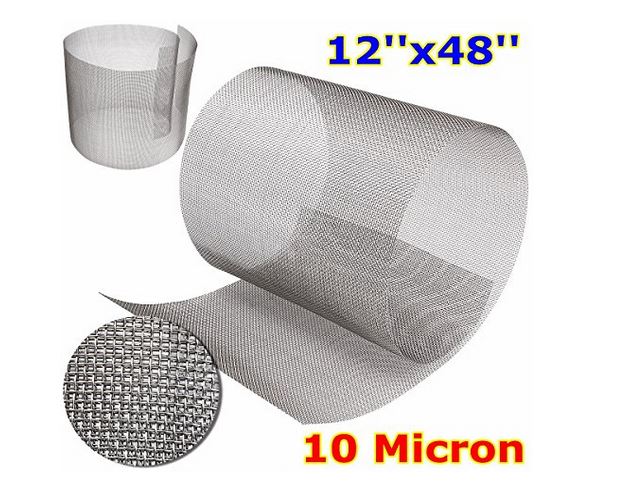
Micron in wire mesh filter
Amicron is the measure of length which is equal to one-millionth of a meter commonly used for describing tiny particle size.
Micron of a wire mesh refers to mesh number in relation to the size of the openings in the mesh hence the size of particles which can pass through such openings.
For example, a mesh of 18 is equal to 1000 microns.
What is the Permissible P Across the Wire Mesh Filter Cartridge?
It Is mostly 290 psid (20 bar). However, this may also very from one wire mesh filter to another.
What is the Flow Direction of Wire Mesh Filters?
Most of the wire mesh filters flow from the outside to inside except a few, which allow the other way round or some cases both directions.
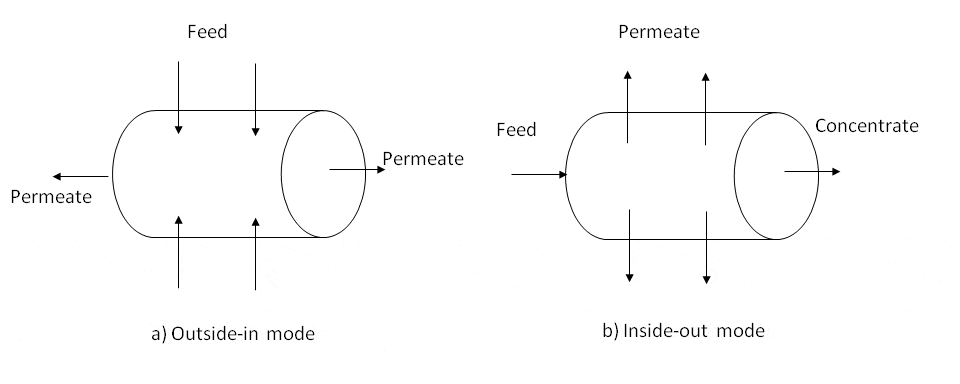
Mode of filtration
What is the Temperature Range for Wire Mesh Filters?
Between -30 degrees Centigrade and 100 degrees Centigrade
What Types of Liquids Can Wire Mesh Filters Apply to?
- Water
- Oil
- Petroleum
- Diesel
- Cooking oil
- Chemicals, etc.
Of course, when assessing liquids for wire mesh filters, it is important to consider materials that can pass through the filter element without disrupting the physical body of the filter.
Does the Wire Mesh Filter Offer Surface Filtration or Depth Filtration?
It offers both surface and depth filtration but it depends on the actual type of wire mesh filter that you’re using in your application.
All these types of filtrations involve retaining of the media on the surface.
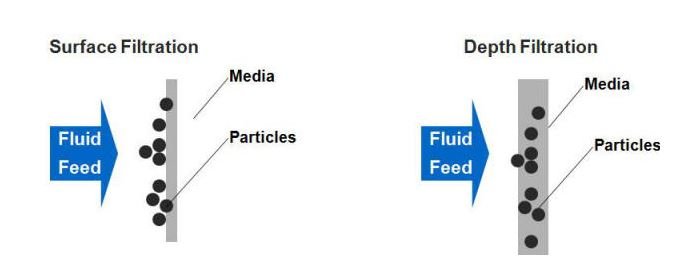
Depth vs surface filtration
Which Kind of Filter is Wire Mesh Filter Often Installed In?
Wire mesh filters are versatile and adaptable filtration systems. You can use them in:
- Suction filter
- Pressure filter
- Inline filters
- Return Line
Can a Wire Mesh Filter be Coated with an Added Metal Material Like Brass, Nickel, or Copper?
Absolutely Yes.
As long as you use the right coating procedures together with other recommended materials for enhanced efficiency of the wire mesh filter.
Some Wire Mesh Filter Cartridges Come with Galvanized Properties. What Does this Mean?
It means that the wire mesh cartridge has high enhanced efficiency as far as filtration, fine particulate, and resistance to abrasion and chemicals are concerned.
Additionally, it also implies that this feature offers a superior dust cake release property compared to filter cartridges with non-galvanized properties.
How to Choose Proper Wire Mesh Filters for the Present System?
Pressure – you need to determine the maximum clean and dirty pressure differential that your application can tolerate.
In most instances, when you increase mesh size, it will result in finer filtration at the cost of higher extrusion pressures.
The moment you comprehend the maximum pressure, your application can tolerate helps you greatly in selecting appropriate wire mesh filter.
Particles to be removed – you also need to determine the type of particles which you are trying to remove and their extent of the contamination.
Find out if the particles are necessarily hard, such as additives, catalysts, or soft such as cross-linked polymers or gels.
Filtration rating – it refers to the ability of a wire mesh filter to sieve unwanted particles from a fluid effectively.
Different wire mesh filters have different levels of filtration rating hence necessary to determine the ideal one depending on your application.
How Can I be Sure that DeMalong Wire Mesh Filters Are of Good Quality?
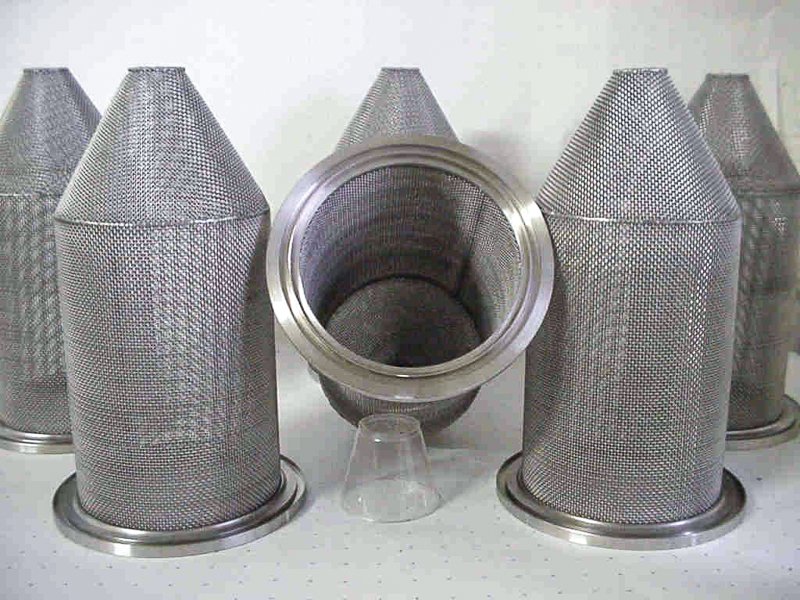
DeMalong wire mesh filter
DeMalong ’s wire mesh filters have some of the best features that match the recommended quality for various applications including;
- Weaving precision with zero defects
- Chemical corrosion and high-temperature resistance
- Reliable filtering accuracy
- Good wear resistance
- High compressive strength
- Good formability
- Conform to the recommended mesh rules
What Tests Can Prove the Quality of Wire Mesh Filters?
The test could vary depending on the particular type of wire mesh filter and the application.
In general, though, some of the common tests include the following;
- Testing the mesh count
- Confirming the thickness
- Inspecting the thread diameter and hole
- Elongation test
- Tensile test
What is the Delivery Time of Customized Wire Mesh Filter Order?
The number of days for delivering a customized wired mesh is dependent on your location.
However, there is also another option which you can opt for standard and non-expedited delivery.
